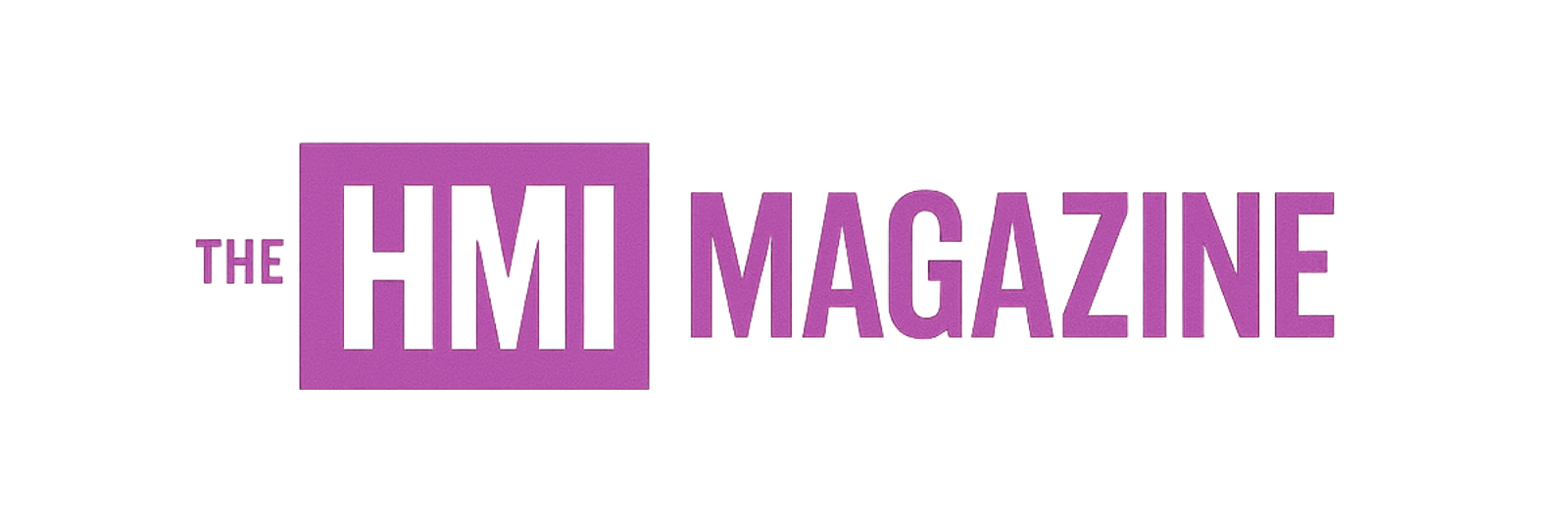The Zafem Phenomenon Moves from Stage to Courtroom
The name Zafem, long associated with Haitian creativity and cultural expression, has become the centerpiece of a high-profile courtroom drama in New York. Musician Dener Ceide, a key figure in the Haitian music industry, has been ordered by a federal court to pay $1,000,000 in damages and to cease the use of the Zafem name following a trademark infringement case filed against him.
According to court documents filed under case number 1:24-cv-06572-BMC in the U.S. District Court for the Eastern District of New York, plaintiffs Joseph Wiss and Marie Joseph, owners of Zafem World Entertainment, accused Ceide and associated entities of unlawfully using the Zafem name for musical and entertainment ventures without authorization.
The default judgment, entered on September 17, 2025, was issued by U.S. District Judge Brian M. Cogan after the defendants failed to respond to the lawsuit within the prescribed time. The court not only imposed statutory damages totaling $1,000,000 but also issued a permanent injunction barring Ceide and his affiliates from further use of the Zafem trademark.
Background of the Case
The plaintiffs, Zafem World Entertainment, registered their stylized mark in 2021 after nearly a decade of organizing Haitian-American music concerts and entertainment events across the United States. Their brand, the court noted, had become “well-known in the Haitian-American music scene.”
However, in May 2023, Dener Ceide and his team attempted to register “Zafem” as their own mark for musical services. The United States Patent and Trademark Office (USPTO) rejected the application, finding it would likely be confused with the existing Zafem World Entertainment trademark.
Despite official rejection and multiple cease-and-desist letters, Ceide continued to use the Zafem name, launching a website at Zafemmusic.com and releasing an album under that title. These actions led the plaintiffs to pursue legal remedies, including claims of counterfeiting and infringement under 15 U.S.C. § 1114, false designation of origin under 15 U.S.C. § 1125(a), and common law unfair competition.
The Court’s Findings and Judgment
In his written decision, Judge Cogan found the plaintiffs’ claims plausible and legally sufficient under the Lanham Act, noting that the defendants’ actions constituted deliberate and willful infringement.
“Defendants unsuccessfully tried to register the trademark, ignored cease and desist letters, and continued to use the mark thereafter,” wrote Judge Cogan. “This is overwhelming evidence of willfulness.”
While the Lanham Act allows up to $2 million in statutory damages per willfully infringed mark, the court limited the award to $1 million, citing a lack of evidence showing the defendants’ specific profits or the plaintiffs’ financial losses. Still, the ruling emphasized that Ceide’s continued use of the mark after warnings demonstrated intentional misconduct.
In addition to the financial judgment, the court issued a permanent injunction, barring Ceide and his associates from using the Zafem name or any similar mark in commerce, stating that the public interest “would not be disserved” by the injunction.
Understanding the Legal Implications
This case highlights how seriously U.S. law treats intellectual property violations. Under the Lanham Act, trademark infringement occurs when a party uses another’s protected name or brand in a manner likely to confuse the public about the source or affiliation of goods or services.
Judge Cogan’s decision reaffirms that default judgments, like the one entered here, carry full legal weight. If a defendant fails to answer a complaint, the court accepts the plaintiff’s allegations as accurate and can impose both monetary penalties and injunctive relief.
What Happens Next?
Sources close to Dener Ceide indicate that he intends to appeal the ruling, asserting that the term Zafem has been historically used in Haitian music and may not be subject to exclusive ownership. His legal team is reportedly preparing to argue that prior public use of the name predates the 2021 registration.
However, appeals of default judgments are difficult to win unless the defendant can prove procedural errors or lack of proper notice. The injunction remains in effect unless stayed by a higher court.
The Bigger Picture
For many in the Haitian Music Industry (HMI), this case serves as a wake-up call about the importance of intellectual property protection in international markets. Artists expanding their reach to the U.S. must ensure their names, logos, and creative identities are correctly registered and vetted to avoid costly legal entanglements.
Trademark law doesn’t just safeguard reputation; it ensures fair competition and consumer trust. Whether through the courts or careful business planning, Haitian musicians can learn from this precedent to protect their artistic brands.
Legal System Explainer: How Trademark & Default Judgments Work
1. What Is a Trademark?
A legally registered name, logo, or phrase identifying goods or services. The owner gains exclusive rights to use it commercially.
2. What Is Trademark Infringement?
When another person or group uses a confusingly similar mark that misleads consumers about who owns or produces a product.
3. What Is a Default Judgment?
If a defendant doesn’t respond within the deadline (usually 21 days in federal court), the plaintiff can request an automatic ruling in their favor.
4. Can You Appeal a Default Judgment?
Yes, but appeals must show valid reasons, such as lack of notice, excusable neglect, or legal error by the court.
5. Possible Court Remedies
- Financial damages (profits or losses)
- Injunctions (orders to stop using a name)
- Attorney’s fees and costs
Final Note
The Zafem case is a rare and precedent-setting moment for the Haitian music world, where artistic legacy meets intellectual property law. As appeals progress, The HMI Magazine will continue to provide factual updates and balanced analysis to keep readers informed about this evolving legal battle.
By the HMI Magazine Cultural Desk
⚠️ Legal Disclaimer
The HMI Magazine is not a law firm and does not provide legal advice. This article is for informational purposes only. Legal results depend on the specific facts of each case and applicable law. Readers facing similar issues should consult a licensed attorney.

